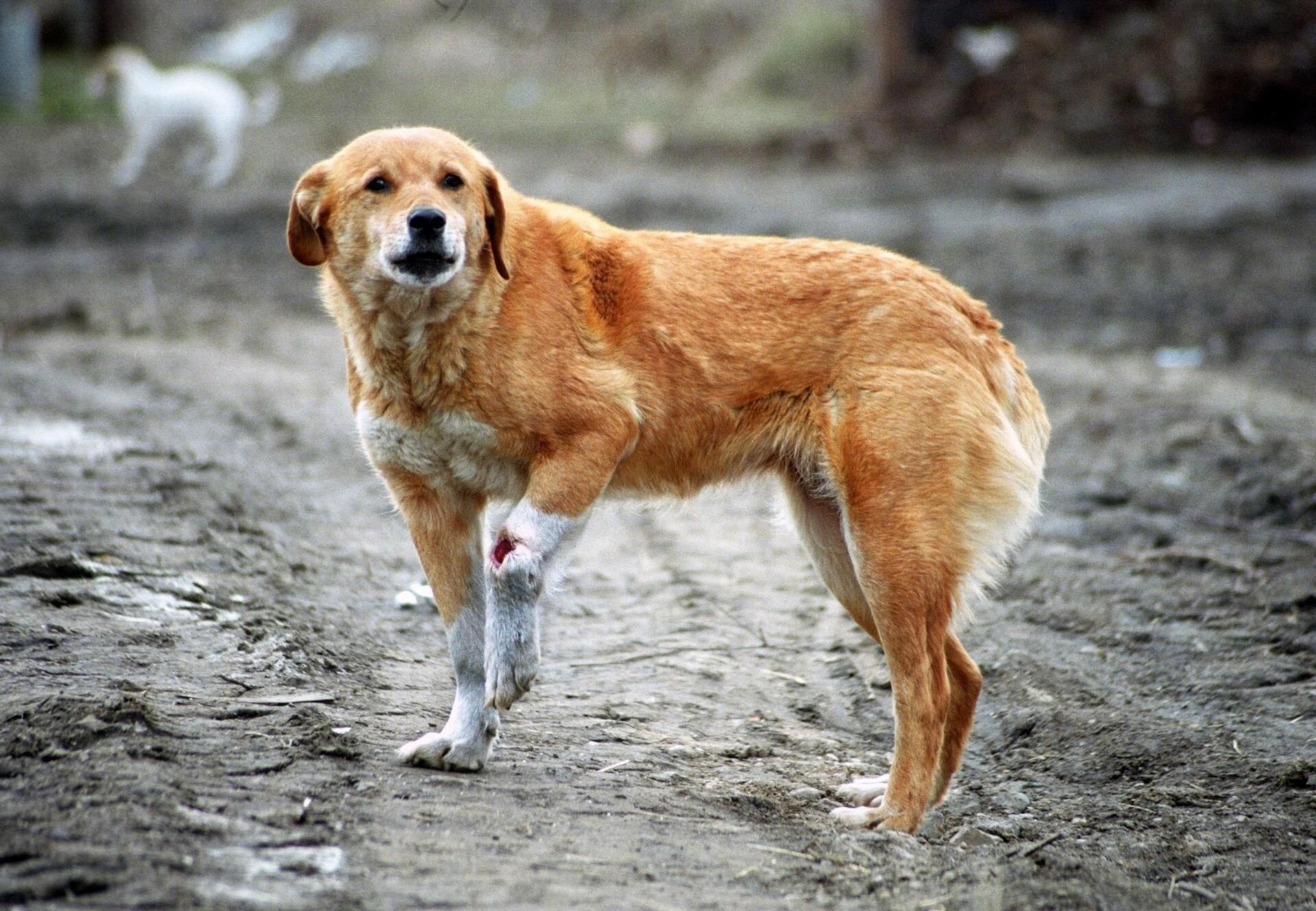
What are the most common forms of animal Cruelty
Neglect or intentional cruelty - Both can cause immense suffering and sometimes be fatal to animals
Cruelty to animals is wrong on so many levels. But what does animal cruelty really look like? And what is it like for the animals themselves?
Broadly speaking, there are two kinds of cruelty – neglect and intentional cruelty (sometimes called passive and active cruelty). Both kinds can cause immense suffering and sometimes be fatal to animals.
Intentional (active) cruelty
Intentional cruelty involves inflicting pain and harm on animals. This can take several different forms, including:
- Painful injuries caused by beating, slapping, kicking, etc.
- Pain and fear caused by punishment-based training methods or equipment (in dog training), or by making animals perform unnatural behaviours
- Immense suffering caused by exploiting animals for entertainment in racing and fighting
- Agonising death through poisoning or inhumane killing
- Physical and mental trauma caused by bestiality
Neglect (passive cruelty)
Cruelty through neglect often occurs out of ignorance and is linked to irresponsible pet ownership. Many neglect issues could be remedied if pet owners were more aware of their pets’ needs and how to provide for them. Neglect situations can include:
- Inadequate supply of water and food
- Inadequate living conditions
- Lack of exercise and positive human interaction
The Most Common Forms of Cruelty Suffered by Dogs Are:
- Lack of exercise: Dogs need daily exercise. It helps them to channel their energy positively. Without enough exercise, they may develop behavioural problems such as barking incessantly or destroying things out of frustration.
- Lack of socialisation: Proper socialisation ensures that a dog feels comfortable with other dogs and humans. A lack of socialisation is emotionally damaging as it can make a dog fearful, aggressive and hostile towards other dogs and people.
- Inadequate living conditions: Dogs that are kept outside without proper shelter are at risk of heat and cold stress. Heat stress can lead to disorientation, vomiting, diarrhoea, muscle tremors, collapsing or coma. Cold stress can lead to listlessness, coma and heart failure.
- Punishment-based training methods: Using dubious punishment-based “training methods” generates negative emotions in dogs, such as fear and anxiety. Reward-based training methods are far more appropriate and effective for dogs, helping them to become well-socialised, confident animals.
- Bestiality: Bestiality is illegal in most countries. It is where humans perform sexual acts on animals, causing physical pain, mental suffering, fear and anxiety.
The Most Common forms of cruelty suffered by cats are:
- Shouting: Shouting at a cat has no positive effects. On the contrary, cats have such sensitive hearing that they can find yelling physically painful. Shouting also undermines the trust between cat and owner.
- Physical manipulation: Declawing is the most common cosmetic surgery performed on cats, even though it is painful and unnecessary. The claws are removed to prevent the cat from scratching furniture. However, scratching is a natural behaviour for cats and causes anxiety if a cat has its claws removed. This issue should be addressed by providing a scratching post rather than removing the cat’s claws.
- Rough handling: Rough handling of cats can lead to stress and anxiety. Cats generally like privacy and prefer to choose when and how they interact with humans, rather than the other way around.
The Most Common Forms of Cruelty Suffered by Small Mammals Such as Rabbits, Hamsters and Guinea Pigs Include:
- Lack of social interaction: Many small mammals are social and need the company of their own species. Without this company, they may become bored and lonely, which may lead to illness or behavioural issues. In the most extreme cases, they can even die prematurely.
- Unsuitable living conditions: Many small mammals are kept in small cages that are totally inadequate for their needs and prevent them from performing their natural behaviours. As a result, they may be in danger of becoming obese or ill through lack of space, exercise and mental stimulation. In addition, some small mammals that are nocturnal such as hamsters are kept in daylight and woken up during the day for handling, which has a detrimental effect on their natural behaviour.
- Inappropriate handling: Most small mammals are flight animals. If they are held too tightly, they suffer discomfort or injury, causing them physical pain and fear.
- Inadequate nutrition: Most small mammals have specific dietary needs, especially when in captivity. If these needs are not met, they may become obese or ill (e.g. suffering from painful gastrointestinal diseases).
- Lack of grooming: If animals are not groomed appropriately, they may suffer from tangled coats or overgrown nails and teeth, which can cause them pain and suffering.


